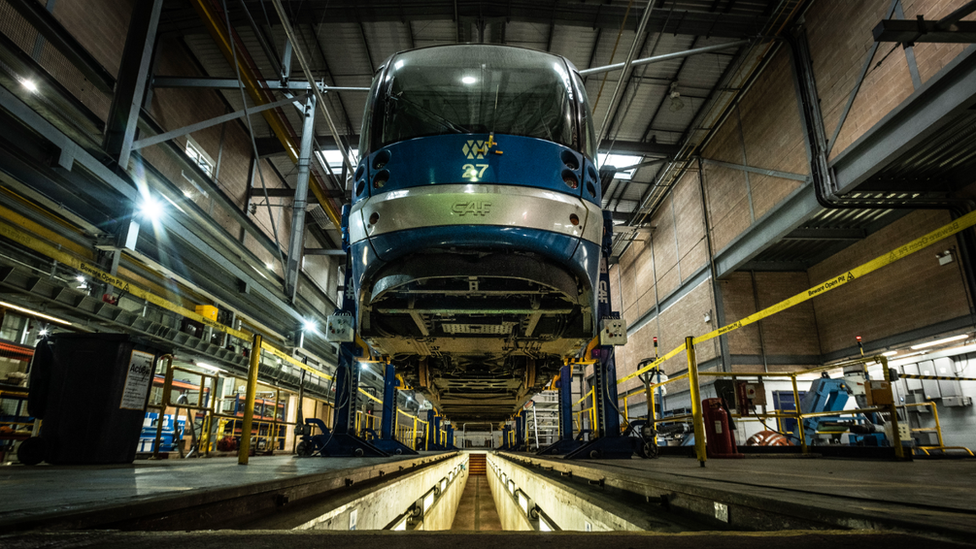Report highlights 'enormous cost' of Metro expansion
- Published
- comments
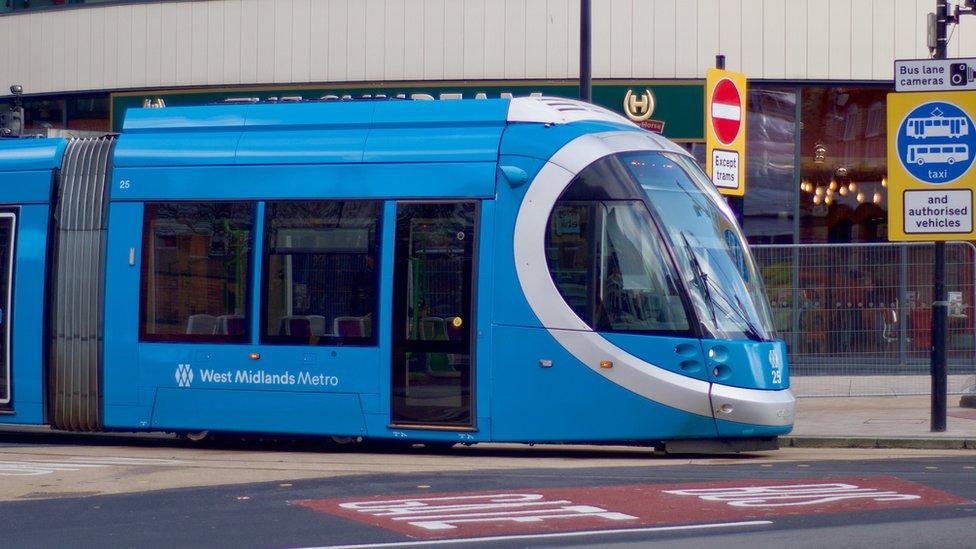
Expanding the West Midlands' tram network carries an "enormous cost" that may prove difficult to meet.
That is the finding of a document seen by the BBC that sets out the project's significant challenges.
An analysis of the Metro system, which links Birmingham to Wolverhampton, states "significant investment" is needed if a rapid network is to be delivered.
But the document says the cost of one planned extension is "prohibitive".
There have already been several extensions and more are in the works.
One to Dudley and a second in east Birmingham are expected to cost at least £700m.
But these routes have been hampered by delays, economic pressures and rising costs, raising fears parts of the Metro expansion could be scrapped.
The challenges of delivery are underlined in a document that has been sent to the BBC in response to a Freedom of Information request.
The report is a business plan for a Very Light Rail (VLR) service, effectively a tram system, earmarked for Coventry.
The plan was supported by Transport for West Midlands - operator and owner of the Metro - which sets out therein the financial case for VLR in the city, making note of its experience of expanding the Metro network.
'Enormous cost'
The body states in the document that such efforts have "illustrated the enormous cost and lengthy timescale to deliver this mode of transit".
It adds: "Also, the cost of vehicles and infrastructure including track have incurred high costs to maintain the system."
Transport for West Midlands says VLR could be delivered at "potentially lower costs and shorter timescales".
But the outlook for the Metro is more complex.
Elsewhere in the document, Transport for West Midlands says one extension to the Metro "has been looked at extensively and business cases developed and while there is a strong case to deliver this, the cost to deliver this scheme is prohibitive".
The name of the extension has been removed under a Freedom of Information exemption.
Last year, in the case of the Dudley extension, the Express and Star newspaper reported, external the cost of linking Wednesbury to Brierley Hill had increased by 45%, from £449m to £650m.
And in Birmingham, the budget for the Eastside Metro extension has risen from £227m in 2020 to £245m this year. A temporary station is being installed because construction work on the track has been delayed by high speed rail network HS2.
The further extension of that line - to Solihull - had been forecast to cost about £700m, with that figure expected to rise if the plans went ahead.
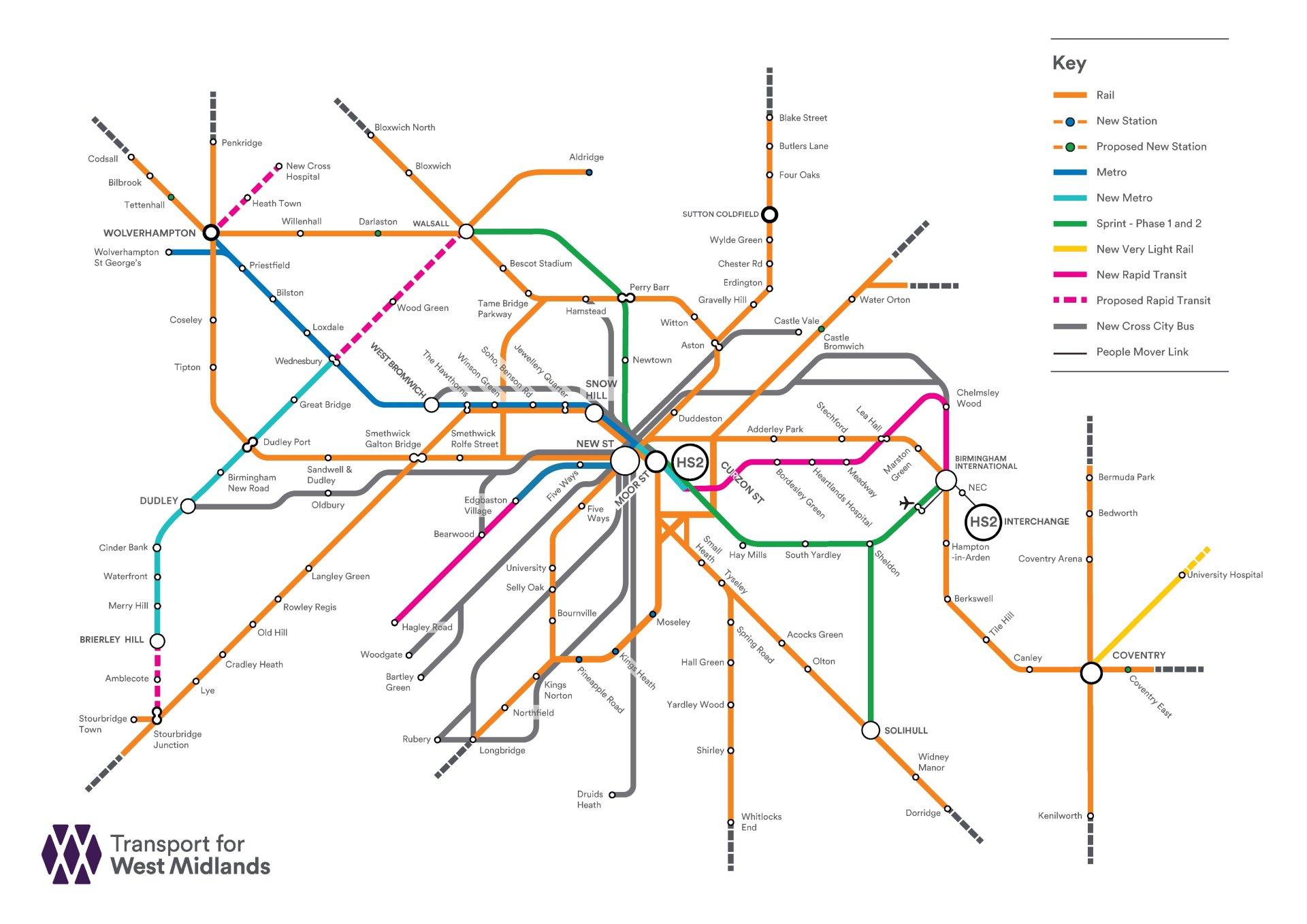
The West Midlands Combined Authority plans to invest £6.1bn on transport over 15 years
The West Midlands Combined Authority, of which Transport for West Midlands is part, announced plans to deliver further Metro routes, or rapid bus services, last month.
But the rising costs raise questions about the use of public money to fund the move.
On 2 May, the local electorate will decide who is West Midlands mayor and leader of the authority, with the candidates setting out their plans for the Metro.
The view of the candidates
Andy Street, Conservative, is seeking a third term and has pledged to "forge ahead with new routes".
Mr Street's campaign said his 2040 transport plan was "a huge endeavour, requiring significant investment".
A campaign spokesperson said the region's average annual investment in transport had increased tenfold to £406m since Mr Street became mayor.
The transport pledges in Mr Street's manifesto had been "fully costed" and potential funding sources for Metro projects identified, the spokesperson added.
Labour candidate Richard Parker has pledged to continue funding the Metro's expansion to Brierley Hill and to Solihull.
Mr Parker also claims his plans are "fully costed and fully funded", with a spokesperson adding Mr Street has a record of "over promising and under delivering".
"Project after project has been cancelled or delayed due to mismanagement of plans and no proper grip on costs," they said.
The costs of the Metro were branded "extortionate" by Reform UK's candidate, Elaine Williams.
She said there needed to be "a total rethink on travel to deliver a fully integrated, efficient, safe and more effective transport system".
"The Metro is wasting the people's money," she said.
"Buses are far cheaper to buy and run than the tram cars and ancillary equipment."
The independent candidate, Akhmed Yakoob, said the "budgetary increases and delays" to Metro extensions "illustrate the dynamic nature of large-scale infrastructure endeavours".
He described the "overinflated cost" of expanding the Metro as "just another indictment on the Tory-led government which has mismanaged Brexit, the economy; and has presided over soaring inflation".
He said the approach was too "fragmented" and argued using "many different private construction companies was going to add to extra logistical and financial pressures".
He said addressing these challenges required exploring alternative technologies like VLR, improving project management practices and prioritising how funding was used.
The campaign for the Green candidate, Siobhan Harper-Nunes, said "innovation can play a part in getting the best bang for our buck".
"This is why it was so disappointing that the Very Light Rail was not fully funded," her spokesperson said.
But the spokesperson added "even the best value-for-money transport improvements will require significant investment for the scale of change we need".
Ms Harper-Nunes called for "London levels of investment" in the region's transport.
Liberal Democrat candidate Sunny Virk blamed the "excessive cost" of the Metro expansion on "over-engineering".
He said "there has been a holistic failure to deliver on time".
"The Lib Dems take a positive approach and are the only party that will get the job done," he said.
Related topics
- Published17 October 2023
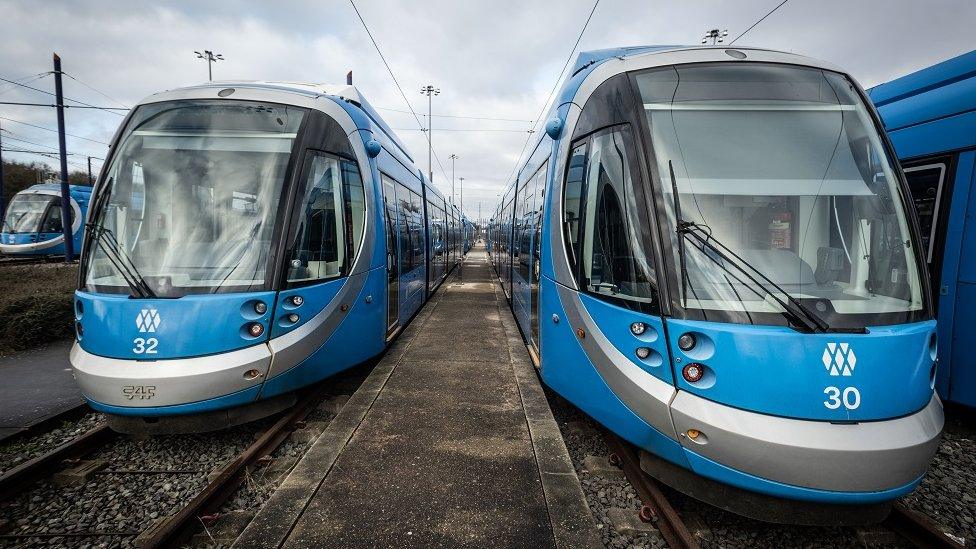
- Published14 September 2023
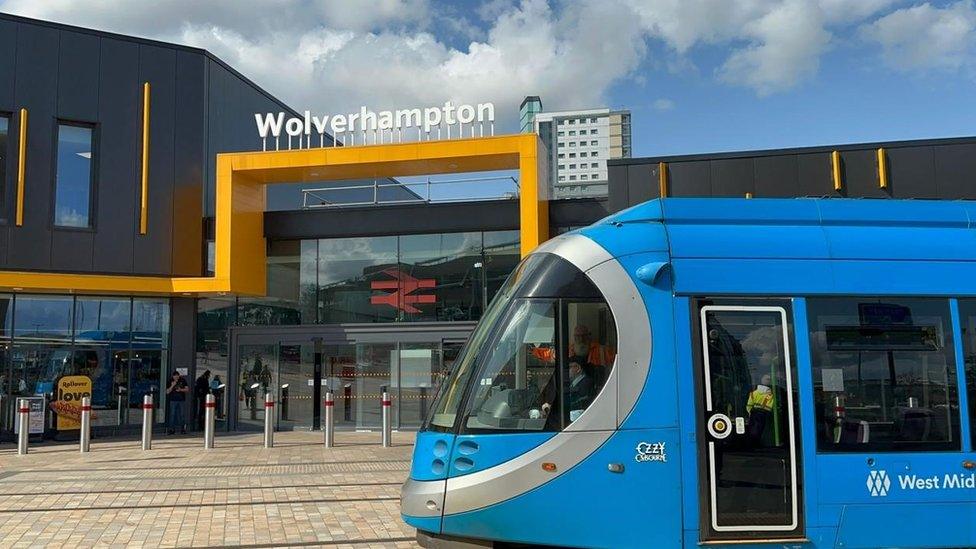
- Published27 January 2023
